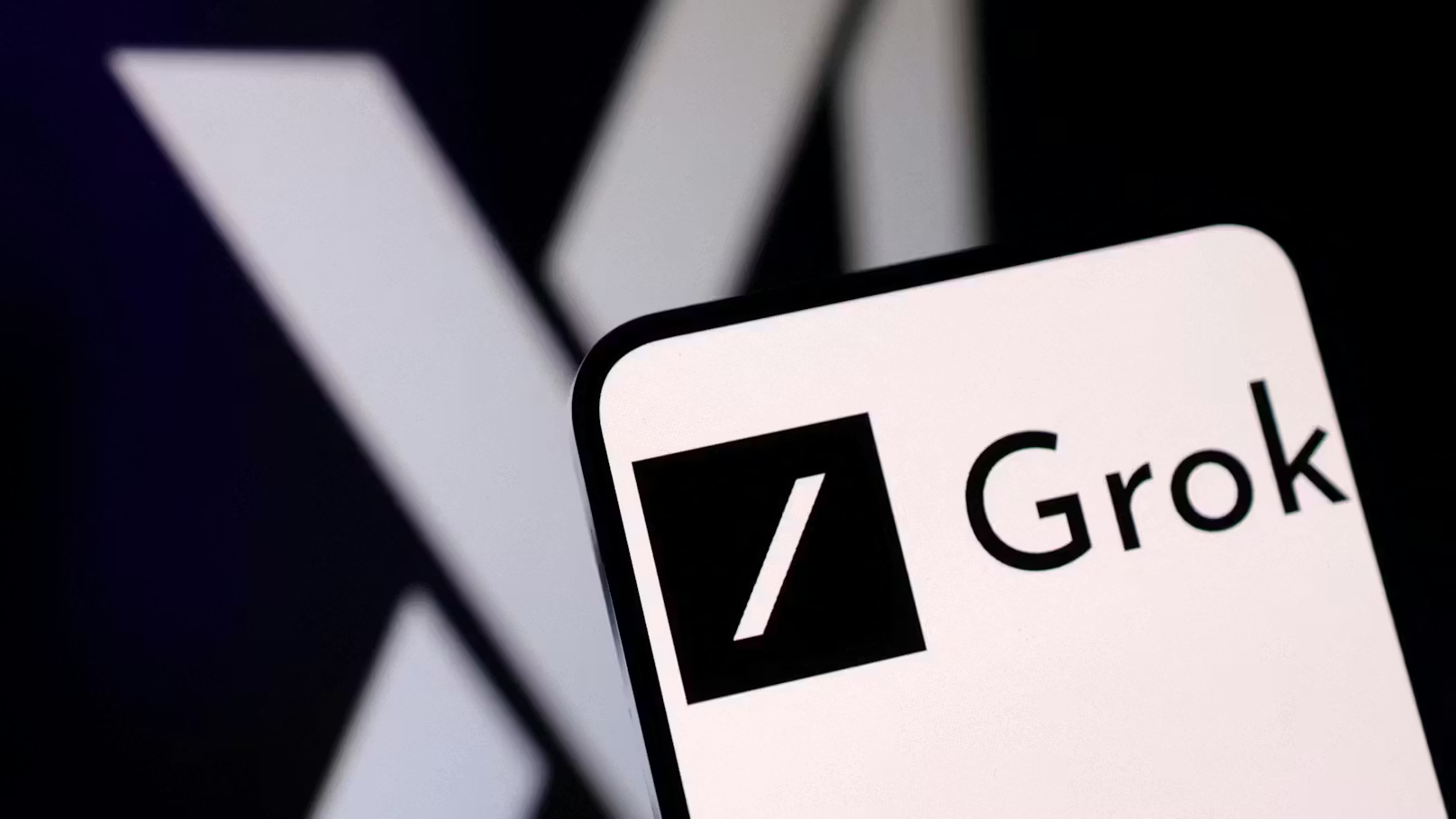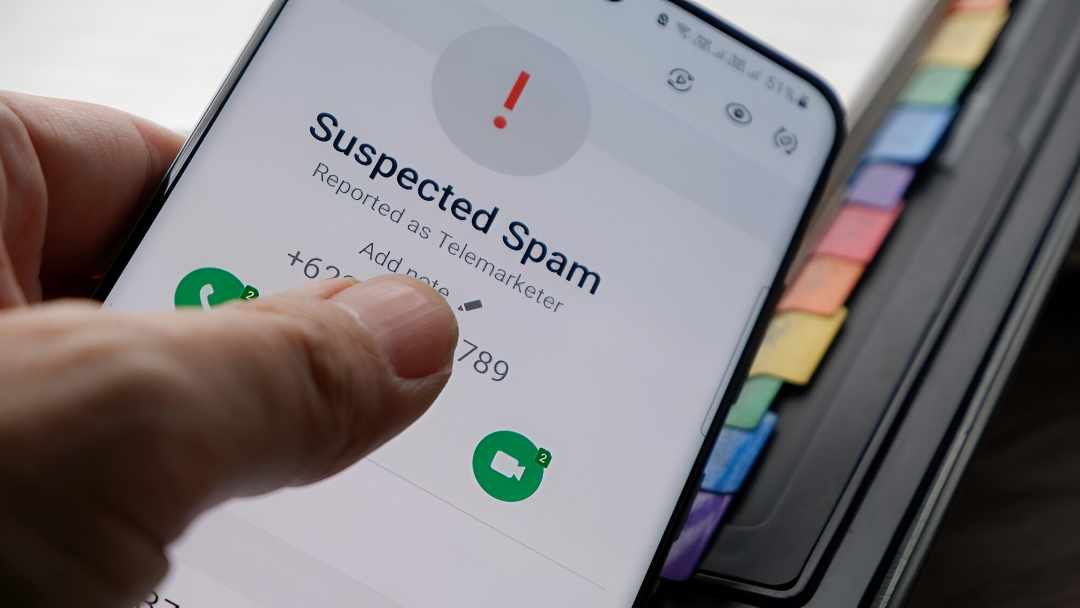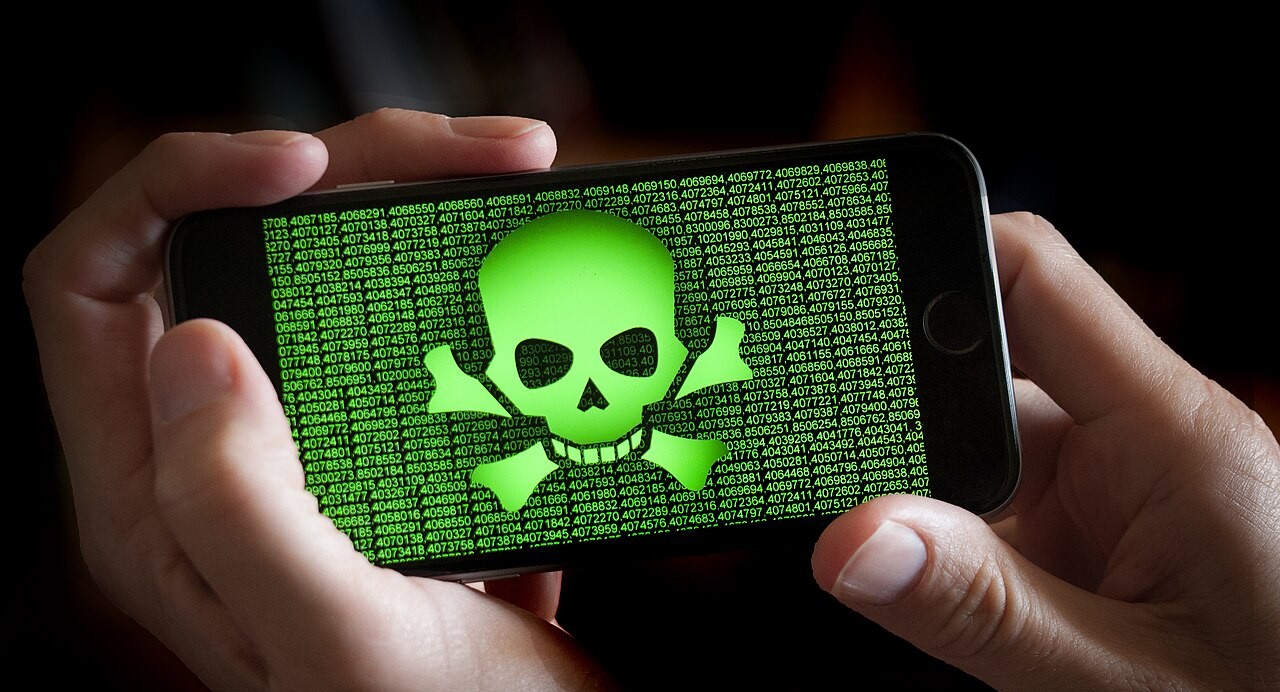Ever feel like watching two tech giants duke it out is more entertaining than the games they’re fighting over? The Epic vs. Apple saga just hit another level of drama that makes reality TV look tame.
Epic Games has officially asked District Judge Yvonne Gonzalez Rogers to force Apple to approve Fortnite for the US App Store, claiming Apple is outright ignoring a court order from April 2025 that was supposed to crack open the App Store’s payment ecosystem.
The Battle Rages On
Tired of waiting for your favorite battle royale to return to your iPhone? You’re not alone. Despite submitting Fortnite twice to Apple’s review process, the game remains MIA on iOS devices worldwide.
Apple’s stalling tactics have all the subtlety of a teenager pretending they didn’t hear you ask them to clean their room. They claim they’re simply waiting for the Ninth Circuit to rule on a partial stay request before taking action.
Epic isn’t buying it, calling the delay what it sees as straight-up retaliation for daring to challenge the App Store’s iron grip on iOS payments-like a bouncer who won’t let you back in the club after you complained about the cover charge.
“Apple is punishing Epic by excluding it from the very market it has fought so diligently to open-while conveying a clear warning to other developers against challenging Apple’s practices,” Epic stated in its court filing.
Judge Gonzalez Rogers doesn’t seem impressed with Apple’s approach either. In April, she found the company in “willful violation” of the injunction and even referred an Apple executive for potential criminal contempt for lying under oath. That’s about as severe as judicial side-eye gets.
The stakes here go beyond just whether you can download Fortnite on your phone. This showdown has implications for every developer trying to distribute apps without paying what Epic’s CEO Tim Sweeney has famously called Apple’s “30% tax”—a system now under direct threat after a judge dismantled Apple’s App Store monopoly by prohibiting its 27% commission on external payments and banning tactics that discouraged users from exploring other options.
For gamers, the outcome determines whether you’ll continue paying premium prices for in-app purchases or potentially see more competitive pricing across mobile gaming. And for Apple, billions in App Store revenue hang in the balance-the kind of money that makes even Tim Cook’s meditation sessions a little less zen.
Apple maintains it’s not blocking Fortnite globally but claims Epic needs to submit a separate version without the US storefront. Epic counters that requiring multiple app versions violates Apple’s own guidelines-a bit like a restaurant insisting you need separate reservations for the dining room and the bathroom.
Whatever happens next, one thing’s clear: neither Tim Sweeney nor Apple is backing down. This fight has been raging since August 2020, when Epic first bypassed Apple’s payment system and got booted from the App Store faster than a player caught cheating in Fortnite.
For the tech industry, this isn’t just another corporate squabble-it’s potentially the beginning of a massive shift in how digital marketplaces operate. And for you? It might just mean finally being able to play Fortnite on your iPhone again… or watching the battle continue from the sidelines.




























